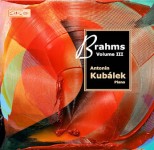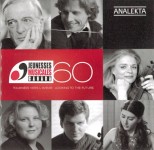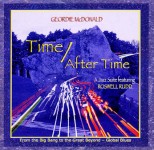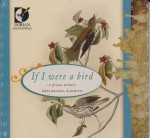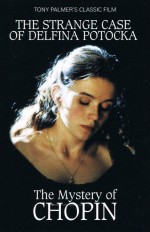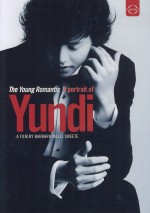Dragonetti's New Academy - Chamber Music of Domenico Dragonetti - John Feeney; Loma Mar Quartet
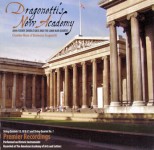 Dragonetti's New Academy - Chamber Music of Domenico Dragonetti
Dragonetti's New Academy - Chamber Music of Domenico Dragonetti
John Feeney; Loma Mar Quartet
Independent DNA2009
In these days of specialized musical disciplines, we tend to forget how often instrumental virtuosity and excellent compositional skills went hand-in-hand in the 18th and 19th centuries. No surprise, then, to discover that the Italian double-bass virtuoso Domenico Dragonetti wrote a large number of chamber works, although hardly any were published during his lifetime.
Dragonetti spent most of his adult life in London, and all the works on this disc were prepared by John Feeney from manuscripts in the Dragonetti collection in the British Museum. They may not seem particularly memorable on first hearing, but the composer was not only a regular at salons and musical evenings in London but also travelled in Europe, particularly to Vienna, where the development of the Viennese Style in the late 1700s had been of huge significance in the emergence of the double bass as a solo instrument. His compositions intelligently reflect the musical language of the day and the various styles he encountered.
The String Quartet No.1 employs the regular line-up, but the three string quintets are quite different. No.31 is for 2 Violins, 2 Violas and Bass, so the violin still handles most of the solo work, but Nos. 13 and 18 are for Violin, 2 Violas, Cello and Bass, giving the works a somewhat bottom-heavy feel as the bass assumes a solo role.
Top-class performances and excellent recording ambience make this disc – possibly the first of a series – an absolute delight.


